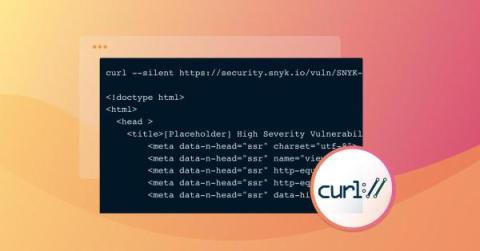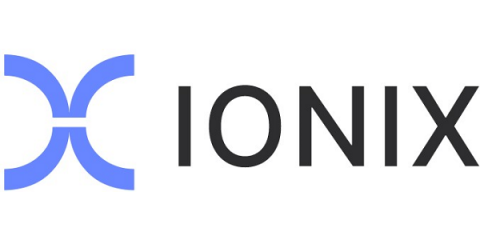High severity vulnerability found in libcurl and curl (October 2023)
On October 3, 2023, Daniel Stenberg, the long-time curl maintainer and original author, published a note on both LinkedIn and X (formerly Twitter) regarding the shipping of curl version 8.4.0, which will contain a fix for "probably the worst security problem found in curl in a long time." This issue should be taken seriously as curl maintainers have been vocal about downplaying the risk associated with most vulnerabilities reported against curl in the past (a recent example is the article CVE-2020-1990











